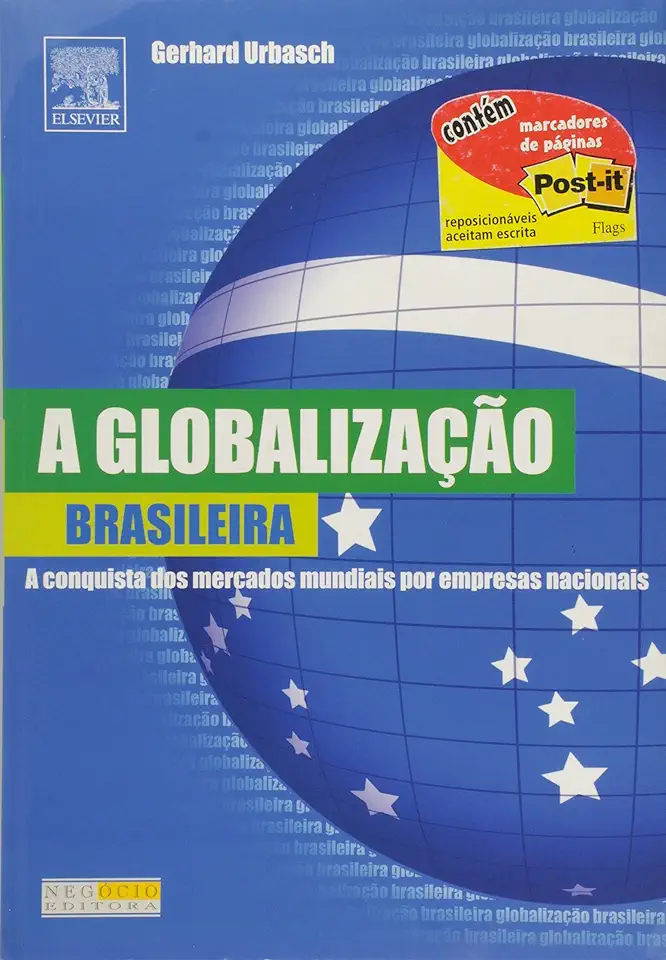
Brazilian Globalization - Gerhard Urbasch
Brazilian Globalization: A New Economic Era
In "Brazilian Globalization," Gerhard Urbasch provides a comprehensive and insightful analysis of Brazil's economic transformation in the 21st century. Urbasch argues that Brazil has emerged as a major player in the global economy, driven by a combination of factors including its abundant natural resources, a growing domestic market, and a series of economic reforms.
A Rising Economic Powerhouse
Brazil's economic growth has been nothing short of remarkable in recent years. The country has consistently outpaced its regional peers, with GDP growth averaging over 4% per year since 2000. This growth has been fueled by a number of factors, including:
- A surge in commodity prices: Brazil is a major exporter of commodities such as oil, iron ore, and soybeans. The rising prices of these commodities have provided a significant boost to the Brazilian economy.
- A growing domestic market: Brazil has a population of over 200 million people, making it one of the largest domestic markets in the world. This market has been growing rapidly in recent years, driven by rising incomes and increased consumer spending.
- Economic reforms: The Brazilian government has implemented a series of economic reforms that have improved the business environment and attracted foreign investment. These reforms include reducing trade barriers, privatizing state-owned enterprises, and improving the tax system.
Challenges and Opportunities
Despite its impressive economic growth, Brazil faces a number of challenges. These challenges include:
- Income inequality: Brazil has one of the highest levels of income inequality in the world. This inequality is a major source of social unrest and could potentially hinder economic growth.
- Corruption: Corruption is a serious problem in Brazil. It undermines the rule of law and discourages foreign investment.
- Political instability: Brazil has a history of political instability. This instability could make it difficult for the government to implement the economic reforms necessary to sustain economic growth.
Conclusion
Despite these challenges, Brazil is well-positioned to continue its economic growth in the years to come. The country has a number of advantages, including its abundant natural resources, a growing domestic market, and a series of economic reforms. If Brazil can address its challenges, it has the potential to become one of the world's leading economic powers.
Why You Should Read This Book
"Brazilian Globalization" is a must-read for anyone interested in understanding the economic transformation of Brazil. Urbasch provides a comprehensive and insightful analysis of the factors that have driven Brazil's economic growth, as well as the challenges that the country faces. This book is essential reading for anyone who wants to understand the future of Brazil and its role in the global economy.
Enjoyed the summary? Discover all the details and take your reading to the next level — [click here to view the book on Amazon!]